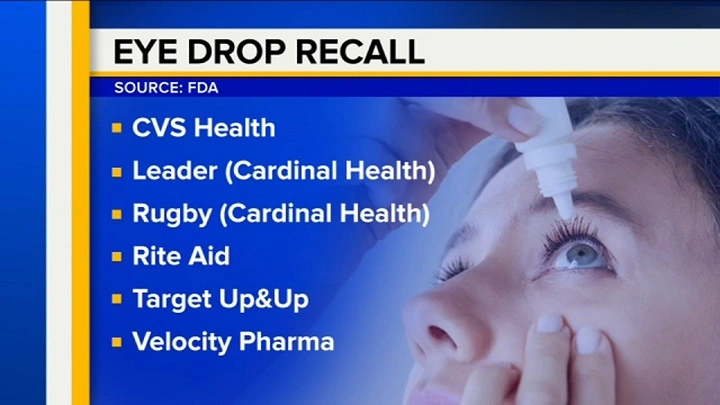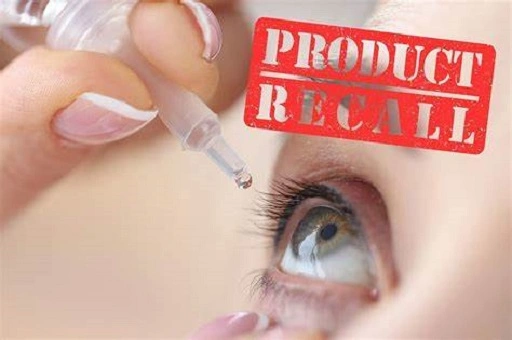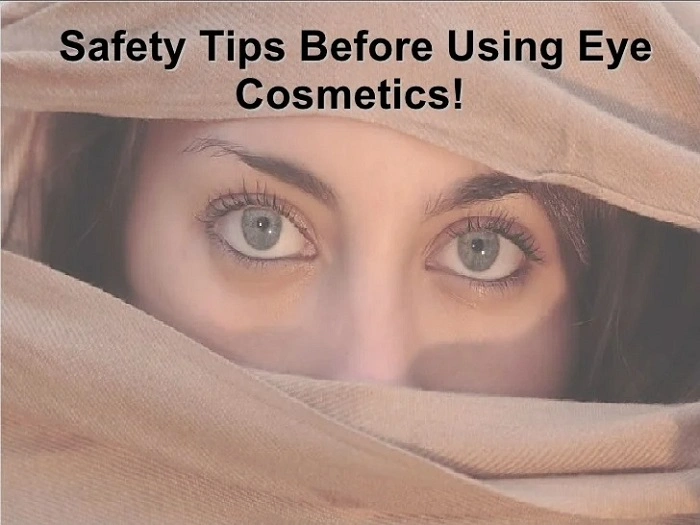If you’re like me, your eyes are precious—after all, they’re your window to the world, right? So, when news breaks about eye care products recalled, it tends to make anyone with even a smidge of concern sit up and pay attention. Whether it’s your trusty eye drops, contact lens solutions, or even eyelid cleansers, a recall can feel like a curveball to your routine. But hey, don’t panic just yet. Let’s take a stroll through the nitty-gritty of these recalls, why they happen, and what you should do if you find your favorite eye product on the list.
Why Do Eye Care Products Get Recalled?
At first glance, you might think, “Well, if these products are sold in stores and online, surely they’ve been tested and are safe?” You’re right, for the most part! But the reality is a bit more complicated.
Manufacturing Glitches and Contamination
Sometimes, the problem is as simple as a manufacturing hiccup. Imagine a factory line where the tiniest bit of bacteria sneaks into a batch of eye drops — it’s a nightmare waiting to happen. Eye care products, especially those that go directly into or near your eyes, have to be squeaky clean. A small contamination can cause infections or worse.
Incorrect Labeling or Expired Ingredients
Other times, the issue lies in mislabeling. Maybe the expiration date is wrong or the ingredient list missed a critical warning. This can lead to allergic reactions or users not realizing a product is unsafe for their specific condition. You don’t want to be the one who finds out the hard way!
Regulatory Actions and Consumer Complaints
Regulatory bodies like the FDA (Food and Drug Administration) in the US keep a close eye on these products. If consumers report adverse effects—say, burning, itching, or even vision problems—that’s a red flag. Sometimes recalls are voluntary, where companies act swiftly to pull back products, and other times, it’s a mandated recall.
Common Types of Eye Care Products That Face Recalls
You might be wondering which products are most at risk. It’s not just one or two but a broad category. Here are some of the usual suspects:
Eye Drops and Solutions
These are the MVPs of eye care—used for everything from dry eyes to allergies to infections. But they’re also vulnerable because they’re often watery solutions that can harbor bacteria if not properly preserved.
Contact Lens Solutions
Contact lenses themselves rarely get recalled, but the solutions used to clean and store them? Absolutely. Using a contaminated or improperly formulated solution can cause painful infections, sometimes leading to serious complications.
Eyelid Wipes and Cleansers
These products have surged in popularity for people managing conditions like blepharitis or dry eye. But any product applied near the sensitive eye area can be problematic if contaminated or if the formula irritates the skin.
Eye Makeup and Removers
Sometimes, cosmetic eye products or removers can be recalled for safety reasons, such as causing allergic reactions or containing harmful ingredients.
Personal Story: When Eye Drops Let Me Down
Let me share a quick story. A few months back, I was reaching for my usual bottle of over-the-counter eye drops — you know, the kind you grab when your eyes feel dry after staring at screens all day. Turns out, that very batch had just been recalled due to contamination concerns. Thankfully, I caught it before using it again. The recall notice popped up online, and I realized it’s not just about convenience but safety.
It made me think, how often do we just trust what’s on the shelf without a second thought? Eye care products might seem harmless, but when something’s off, it can hit the nail on the head in the worst way.
What to Do If You Have a Recalled Eye Care Product
Alright, so what’s your game plan if you discover your eye drops, solution, or any eye care product is recalled? Here’s a handy checklist to keep your eyes safe:
1. Stop Using the Product Immediately
First and foremost, don’t continue to use the product. It might be tempting to finish the bottle, but don’t risk it.
2. Check the Recall Details Carefully
Recall notices usually specify the lot numbers, expiration dates, and affected batches. Cross-check your product’s packaging to see if it’s involved.
3. Contact the Manufacturer or Retailer
Most companies provide instructions on how to return or dispose of the recalled product. Some offer refunds or replacements. It’s always worth a quick call or email.
4. Monitor Your Eye Health
If you’ve used a recalled product recently, keep an eye out for symptoms like redness, pain, blurry vision, swelling, or unusual discharge. If anything feels off, don’t hesitate to see an eye care professional.
5. Spread the Word
Tell your friends and family, especially those who might use the same products. A recall is only effective if the word gets out.
How Recalls Impact Your Eye Care Routine
Let’s be honest, dealing with a recall is a bit of a hassle. You have to find new products, possibly change your routine, and sometimes even deal with an eye doctor if things go sideways. But, on the bright side, it also forces you to rethink and upgrade your eye care habits.
For example, I started paying more attention to how I store my eye drops and contact lenses. And instead of grabbing any bottle off the shelf, I now do a quick online search to see if there are any recent complaints or recalls.
Tips for Choosing and Using Eye Care Products Safely
No one wants to be caught off guard with a recall, so why not be proactive? Here’s some advice that can save you headaches down the line:
Look for Trusted Brands
Go for well-known brands with a good track record. While price is important, don’t sacrifice safety for a cheaper alternative.
Check Expiration Dates and Packaging
Always check the expiration date and that the seal is intact before buying or using any eye product. And hey, don’t use expired products—even if they look fine.
Store Properly
Keep your eye care products in a cool, dry place as instructed. And whatever you do, avoid sharing your eye drops or contact solutions with others. Gross, and unsafe!
Be Vigilant for Symptoms
If a product causes stinging, redness, or discomfort, stop using it immediately and consult a professional.
Stay Updated on Recalls
Set a little reminder to check for recalls every few months, or sign up for alerts from the FDA or consumer watchdog sites.
The Role of Regulatory Bodies in Eye Care Product Safety
It’s reassuring to know that organizations like the FDA, Health Canada, and the European Medicines Agency don’t just sit on their hands. They actively monitor products, investigate complaints, and enforce recalls to keep us safe.
But it’s a two-way street—consumers need to report problems too. If you ever have a bad experience with an eye product, report it. Your feedback might help prevent someone else from suffering.
What Happens After a Recall? The Road to Safety
Once a recall is announced, companies usually pull the affected batches, conduct root cause analyses, and fix the issue. Sometimes, they reformulate the product, improve packaging, or implement stricter quality controls.
The goal is to ensure the same problem doesn’t happen twice. It’s like a wake-up call for everyone in the supply chain.
Eye Care Products and You: Staying Ahead of the Curve
At the end of the day, taking care of your eyes means being a savvy consumer and staying informed. Eye care product recalls might sound scary, but they’re actually a sign the system is working—detecting problems before they cause widespread harm.
Think of it like a traffic light warning you to stop before an accident. It’s inconvenient, sure, but way better than driving blind into danger.
Final Thoughts: Don’t Let Recalls Cloud Your Vision
So, what’s the bottom line? Eye care product recalls happen, but they don’t have to scare you off your routine. By being alert, informed, and careful, you can keep your eyes healthy and your vision crystal clear.
And if you ever get that uneasy feeling about a product, trust your gut—and maybe double-check online. Your eyes will thank you, and hey, better safe than sorry, right?



